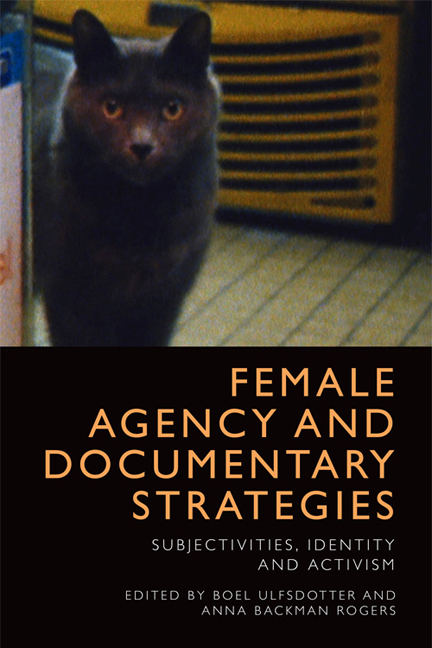Interview: ‘Visualising Our Voices’ – Hong Kong Scholar and Film Director Vivian Wenli Lin, in conversation with Boel Ulfsdotter
Published online by Cambridge University Press: 28 April 2021
Summary
Who is Vivian Wenli Lin? I shall let the following statement, found on the website for Reel Women Hong Kong, serve as introduction:
Vivian Wenli Lin is a Taiwanese-American video artist, documentary filmmaker, and media educator who was born and raised in San Francisco, California. In 2007, she founded Voices of Women Media – a non-profit organization that offers multimedia workshops to marginalized communities of women – including teenage girls, asylum seekers, victims of human trafficking, and sex workers in Amsterdam's Red Light District. Vivian also facilitates One Minute Junior workshops and Training for Trainers workshops for UNICEF and The One Minutes Foundation throughout Europe, Asia, Africa, and America.
In her capacity as a scholar, Lin's research explores how using participatory arts-based methods can encourage the empowerment of marginalised communities of women – sex workers, marriage migrants, and workers in the emotional labour or informal labour sectors. Although the term ‘empowerment’ is often criticised for its uncritical celebratory nature and is often used as a buzzword that dismisses third world feminism, Vivian Wenli Lin's exploration of women's empowerment begins with the identification of the process as such, and then develops into an evaluation of the result of that process. She works with women in target areas, teaching them to gain the tools and resources to take control of their voices, self-representation and stories. The result of this process is what Claire Johnston calls a ‘counter cinema’ that challenges negative portrayals of marginalised women in the mainstream media, particularly those that contribute to social stigmatisation, through the expressive potential of alternative voices.
The topic of this book is female authorship and the documentary image. How would you position your own work within these remits?
For roughly the past decade, my work has primarily focused on the importance of female self-authorship by using participatory arts-based methodology to engage communities of women in the emotional and informal labour industries to actively create their own images and self-portraits. I have a background in documentary film, psychology and video art and started to become frustrated behind the lens. I felt burdened by the responsibility of conveying my subject's image in a manner that would not betray their trust in me.
- Type
- Chapter
- Information
- Female Agency and Documentary StrategiesSubjectivities, Identity and Activism, pp. 125 - 134Publisher: Edinburgh University PressPrint publication year: 2018



